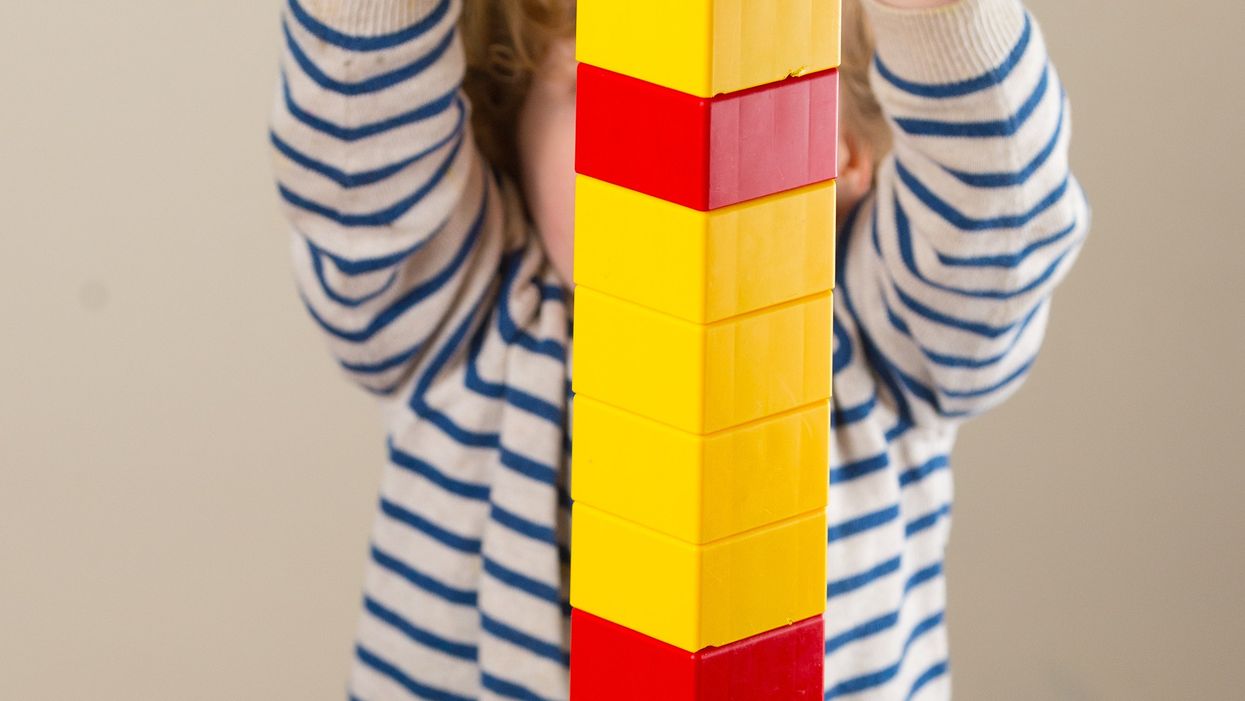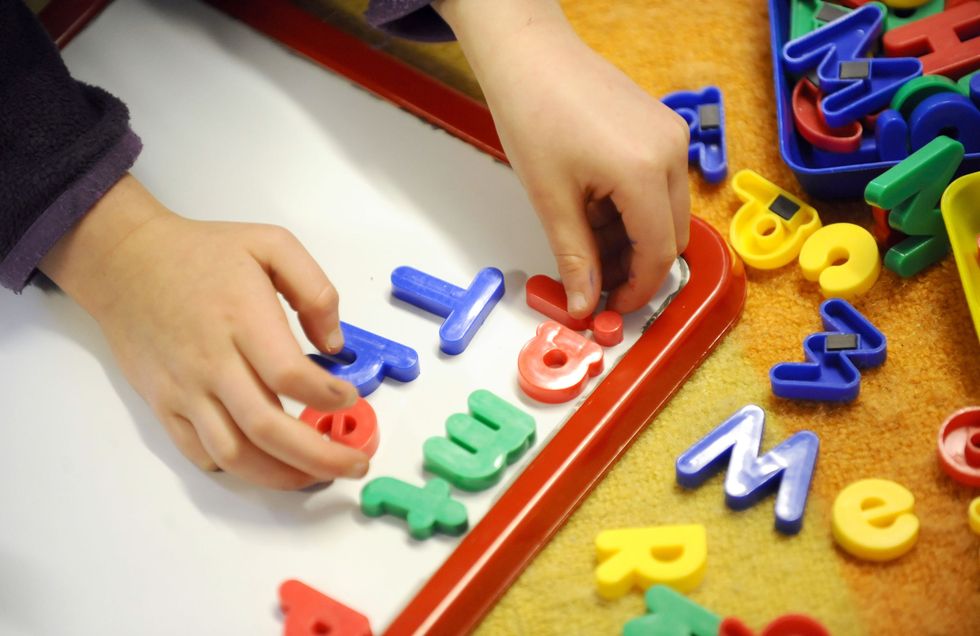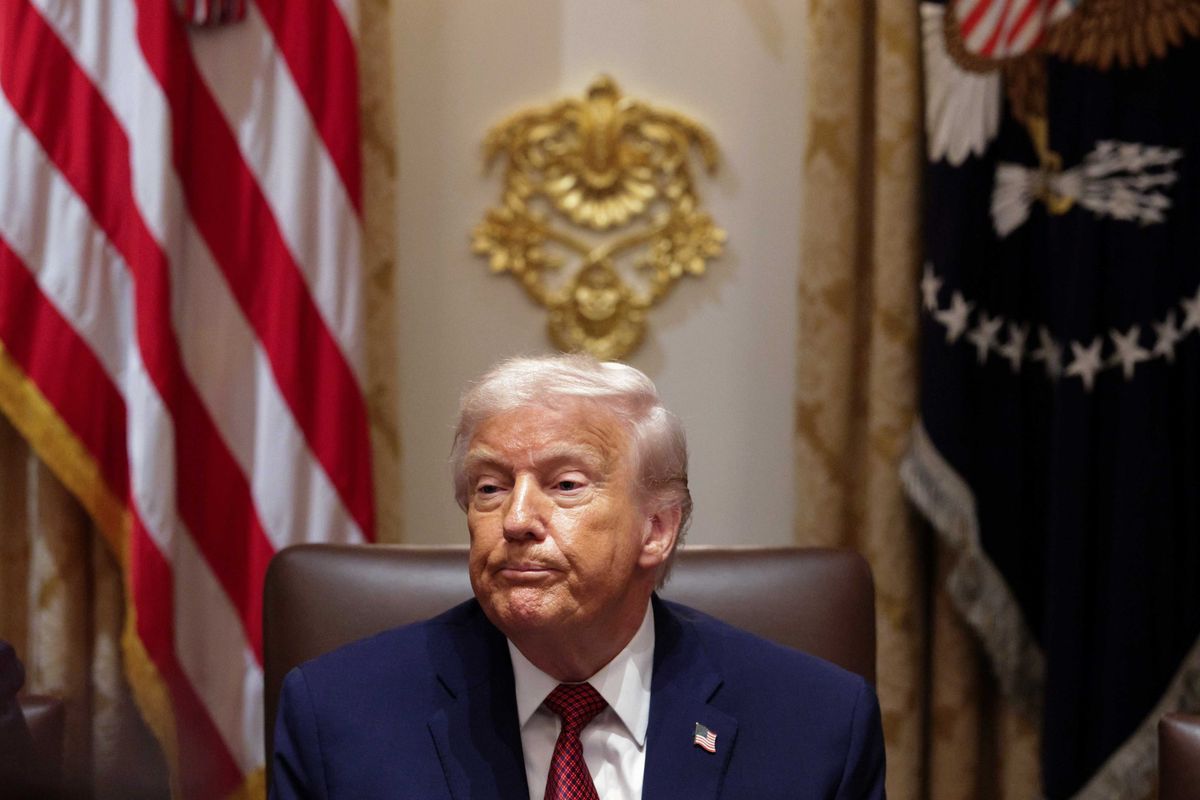
“Guided play” activities are more effective in developing early maths skills than direct teaching, a new study has found.
The activities, which could include imagination-based games requiring children to use numeracy skills, reading or writing, were found to have a “greater positive effect than direct instruction on early maths skills”, as well as on children’s knowledge of shapes and ability to switch between tasks.
The research from academics at the Play in Education, Development and Learning (Pedal) Centre at the University of Cambridge’s Faculty of Education, reviewed a range of studies exploring the impact of guided play on the learning of about 3,800 children aged three to eight.
For an activity to be considered guided play, the paper says the adult should have a clear “learning goal” in mind for the child to develop, but that the child should have some choice in the activity, while the adult should guide them in a “flexible” way, for example through asking open-ended questions.
If children are given the freedom to explore, but with some gentle guidance, it can be very good for their education – perhaps in some cases better than direct instruction
Dr Elizabeth ByrneThe study found that a play-based approach to learning could be just as effective in developing children’s literacy, numeracy and social skills as more traditional teaching methods. Play-based methods of teaching are common in early years’ education but are used less frequently in primary schools.
Dr Elizabeth Byrne, co-author of the study, said: “It’s only recently that researchers have started to conceptualise learning through play as something that exists on a spectrum.
“At one end you have free play, where children decide what to do with minimal adult involvement; at the other is traditional, direct instruction, where an adult tells a child what to do and controls the learning activity.”
“Guided play falls somewhere in between. It describes playful activities which are scaffolded around a learning goal, but allow children to try things out for themselves.
“If children are given the freedom to explore, but with some gentle guidance, it can be very good for their education – perhaps in some cases better than direct instruction.”
The analysis was based on 39 studies carried out between 1977 and 2020 and found that guided play had a small positive impact on early maths skills and a medium positive impact on shape knowledge.
The study says that the “overall pattern of these results suggests that guided play may be especially beneficial for maths-based learning” and adds that the characteristics of guided play may be more suited to helping children develop the kinds of systematic skills used in maths-based tasks.
“For example, guidance techniques, like open-ended questions or prompts, may guide children towards the next logical step during a maths-based task,” it says.
Paul Ramchandani, Professor of Play in Education, Development and Learning at the University of Cambridge, said: “The argument is sometimes made that play, while beneficial, adds little to children’s education.
“In fact, although there are still some big questions about how we should use guided play in classrooms, there is promising evidence that it actively enhances learning and development.”
Dr Byrne said that as “children often struggle with mathematical concepts because they are abstract”, these concepts could be understood more easily in the context of an imaginary game.
One reason play matters may be because it supports mental visualisation,” she said.
The study authors also suggest that play-based learning could help improve children’s motivation, persistence with tasks and enjoyment of their learning.
Dr Christine O’Farrelly, a Senior Research Associate at the Faculty of Education, said: “It’s likely that playful activities have the sort of positive impact we saw in our analysis partly because they are acting on other skills and processes which underpin learning.
“If we can understand more about how guided play shapes learning in this way, we will be able to identify more precisely how it could be used to make a really meaningful difference in schools.”














